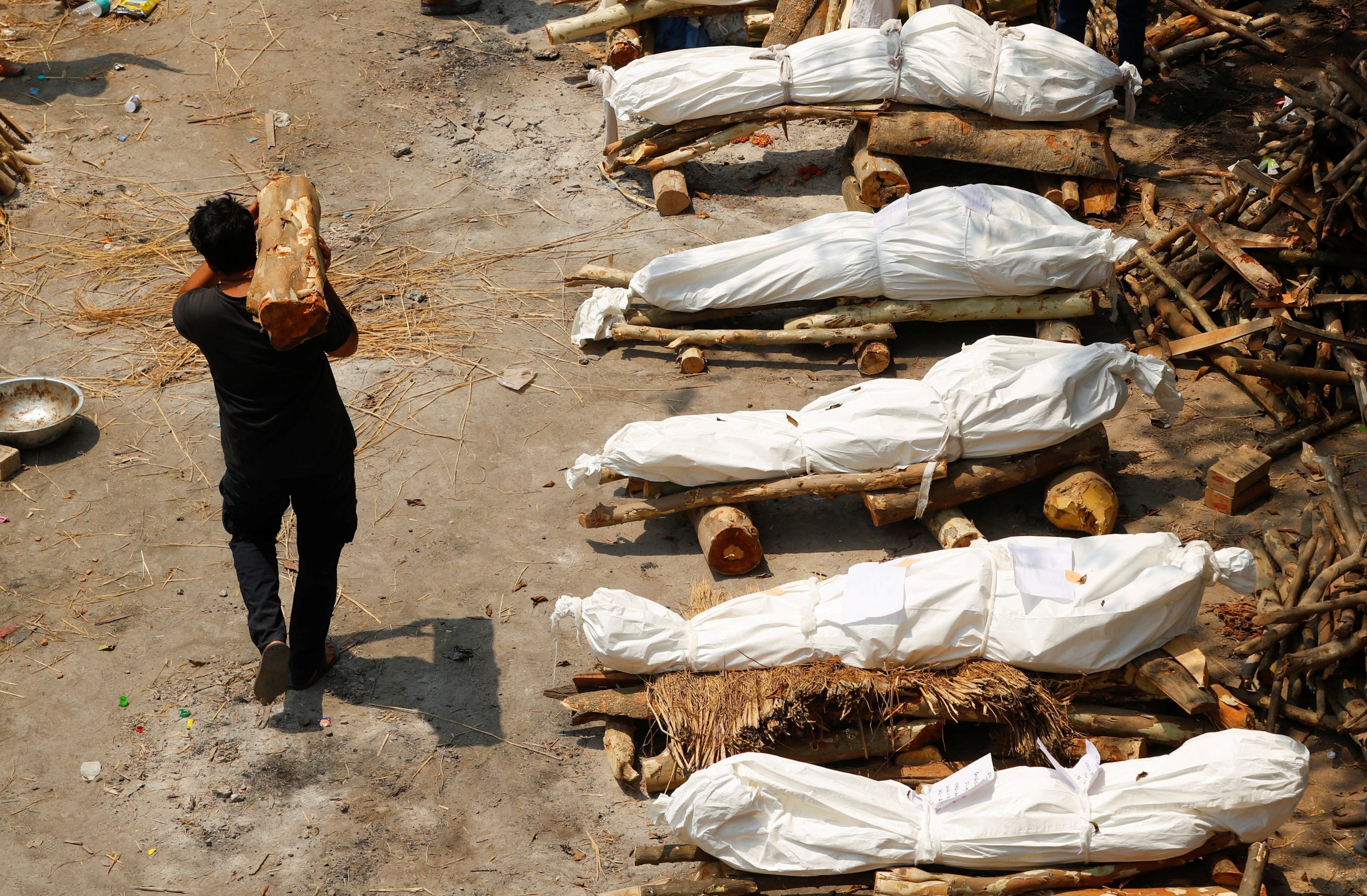Senior U.S. officials on Tuesday pledged sustained support for India in helping it deal with the world’s worst current surge of COVID-19 infections, warning the country is still at the “front end” of the crisis and overcoming it will take some time.
The White House’s National Security Council coordinator for the Indo-Pacific, Kurt Campbell, told a virtual event on the U.S. assistance that President Joe Biden had told Indian Prime Minister Narendra Modi on a phone call on Monday: “You let me know what you need and we will do it.”
Campbell said at the event, organized by the U.S.-India Business Council and U.S. Chamber of Commerce Foundation, that Washington was committed to helping the world’s second most populous country get to grips with the crisis.
“We all have to realize that this is not a challenge that is going to resolve (in) the next several days,” he said.
Tackling the crisis, he said, was important not just for the people of India but for the United States, given India’s essential role as global provider of vaccines.
India is now the epicenter of the global coronavirus pandemic as a second wave of infections has driven the death toll up to almost 200,000.
On Tuesday, vital medical supplies began to reach the country of 1.35 billion people but hospitals starved of life-saving oxygen and beds still were turning away coronavirus patients.
The United States and other countries pledged urgent medical aid to try to contain the emergency in India.
The U.S. State Department’s coordinator for global COVID-19 response, Gayle Smith, added: “We all need to understand that we are still at the front end of this. This hasn’t peaked yet.
“So this is going to require determination…We’re going to work really hard for some time, but we’re confident we can do it,” she said. “We anticipate that at the height of this kind of complex emergency, it’s going to be very fluid for a while as things fall into place. We are collectively going to have to be very agile and very nimble.”
Jeremy Konyndyk, global COVID-19 adviser for USAID, said the agency was concerned about the situation in countries in the same region as India and wanted to support both India’s capacity to get the situation under control and the wider region.
He said the United States was providing some badly needed raw materials to the Serum Institute of India to allow it to scale up the production of the AstraZeneca vaccine there.
Aside from the United States, countries including Britain and Germany have pledged support, while the World Health Organization said it was working to deliver 4,000 oxygen concentrators, calling India’s plight “beyond heartbreaking”.
Two Indian government sources told Reuters earlier on Tuesday that New Delhi expects to secure the biggest chunk of the 60 million AstraZeneca COVID-19 vaccine doses the United States will share globally.
On Monday, senior U.S. officials said an agreement between the United States and three of its closest Indo-Pacific partners to produce up to a billion coronavirus vaccine doses in India by the end of 2022 to supply other Asian countries were “still on track,” despite the current crisis in the country.
(Reporting by David Brunnstrom and Humeyra Pamuk; Editing by Mark Heinrich)

























 Continue with Google
Continue with Google